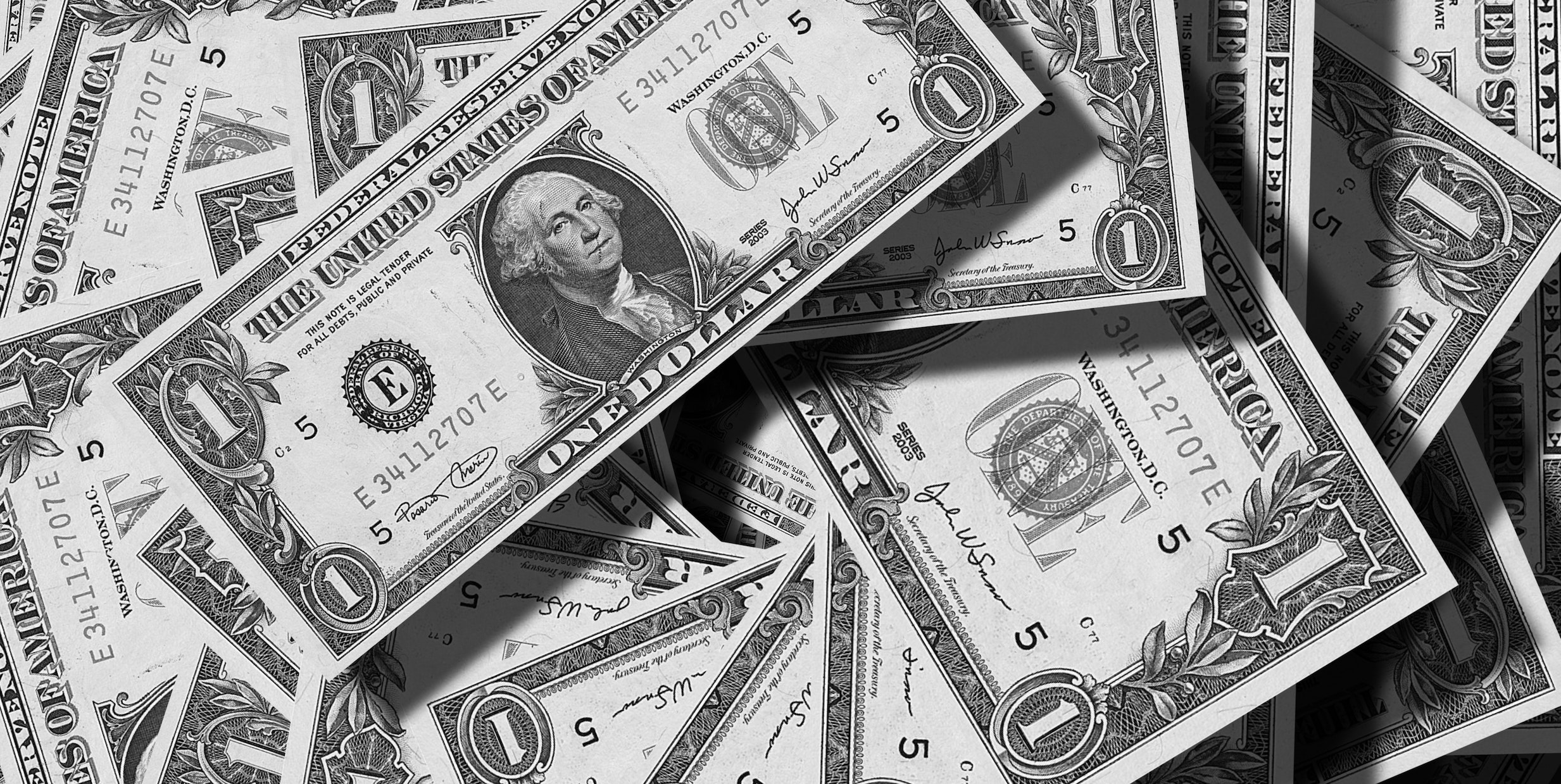The wing flaps of the macro black swans have unnerved the financial markets in December 2018. What next if we extrapolate current trends to their logical conclusion?
La Bella Italia’s fiscal, banking and political chickens come home to roost in 2019. Matteo Salvini, the capo di tutti capi in Rome, has branded the Euro as a “German currency” and said its adoption by Italy in 1999 was a mistake. The populist coalition in Rome abandons budget talks with the EU, eschews fiscal austerity and defaults on its government debt. As dozens of Italian banks go bust (as the oldest bank in the world, founded in 1472 in Siena, just did), Italy exits the Euro. After all, an economy whose backbone is a 100,000 small companies with global exports needs a soft currency like the lira, not a Teutonic fiscal harness imposed by Berlin. With Chancellor Merkel in her political death rattle and Macron’s Élysée Palace literally besieged by the Paris sans – coulette in yellow vests, Italy destroys the EU. Capital flight, contagion and bank failures gut European finance as the Euro plunges to 85 cents. Mario Draghi seeks political asylum in Switzerland, impotent to do “whatever it takes” to save Europe. The Euro is renamed the Deutsche Franc.
The U.S. corporate and high yield debt market began to wilt in 2018 as the Federal Reserve withdrew its monetary largesse, leveraged companies began to default on their debt and credit risk spreads over Uncle Sam’s risk free (yeah) assets blew out. A major industrial conglomerate in debt distress, whose equity has lost 90% of its value since 2003 – yes, General Electric, files for Chapter 11. This is a Lehman moment in the global corporate bond markets. With crude oil prices below $30, hundreds of leveraged shale oil and gas drillers in the Permian Basin in Texas and North Dakota go belly up, a replay of the epic oil crashes of 1986, 1999 and 2008. Houston home prices plummet by 50%. As defaults and failed refinancings soar, the credit markets freeze and several Wall Street multi-billion leveraged buyouts get zapped into money heaven. Some of the world’s pre-eminent private equity groups share the fate of Abraaj Capital – hero to zero, gone with the wind forever in a tsunami of failed deals and criminal charges. The “Cockroach Theory” is infallible as I listen to the hoofbeats of the herds on Wall Street. Dodd Frank has ensured that corporate bonds no longer have Wall Street investment banks willing to risk their own capital in times of stress. As J.P. Morgan rightly said, “liquidity is like a cab in New York on a rainy night. It disappears when you need it the most”. By late 2019, the U.S. leads the world into global recession, as predicted by the inverted U.S. Treasury debt yield curve in the first week of December 2018.
As funding costs in the U.S. surge, there is a global safe haven scramble for the U.S. dollar, the Nippon yen and the Swiss franc. There is a $11 trillion credit Frankenstein that haunts emerging markets. Turkey, Argentina and Venezuela faced currency nightmares in 2018. I expect 2019 could see the Pakistani rupee drop to between 180 and 200, even if an IMF deal averts sovereign default. India’s shadow banking crisis will escalate, hundreds of non-bank consumer lenders will be unable to sell their paper in the commercial paper market and the RBI will let the rupee go to 80 as economic growth plunges on the eve of a general election. The BJP only wins because Congress’s Pappunomics fails once again in India, as it did in 2014.
With the U.S. and Europe in recession, global demand for oil falls, vindicating OPEC’s call for slower demand growth in 2019. Yet Libya, Nigeria, Iraq, Algeria and even Russia fail to heed Saudi Arabia’s pleas for a synchronized output cut. As with Sheikh Yamani in 1986 and Ali Al Naimi in 2014, Saudi Arabia decides to abandon its role as OPEC’s swing producer and defends its downstream market share amid a Darwinian shakeout in black gold. As in 2008, oil prices plummet due to the onset of global recession to $30 a barrel. As the commodities boom dies, Africa’s financial heart of darkness extends beyond the devaluations of Nigeria and Egypt, the bank failures of Kenya and Tanzania, the 400 billion ($30 billion) debt load of South African utility Eskom, looted by the Zulu king and his Gupta wizards of peekaboo finance! Nkosi Sikelel’ iAfrika – God bless Africa.
Matein Khalid is Chief Investment Officer and Partner at Asas Capital. He is responsible for global investment strategies, merchant banking, and the development of the multi-family office investment platform, advising ultra-high net worth royal and family offices in the UAE on global equities markets and foreign exchange.
![]()







